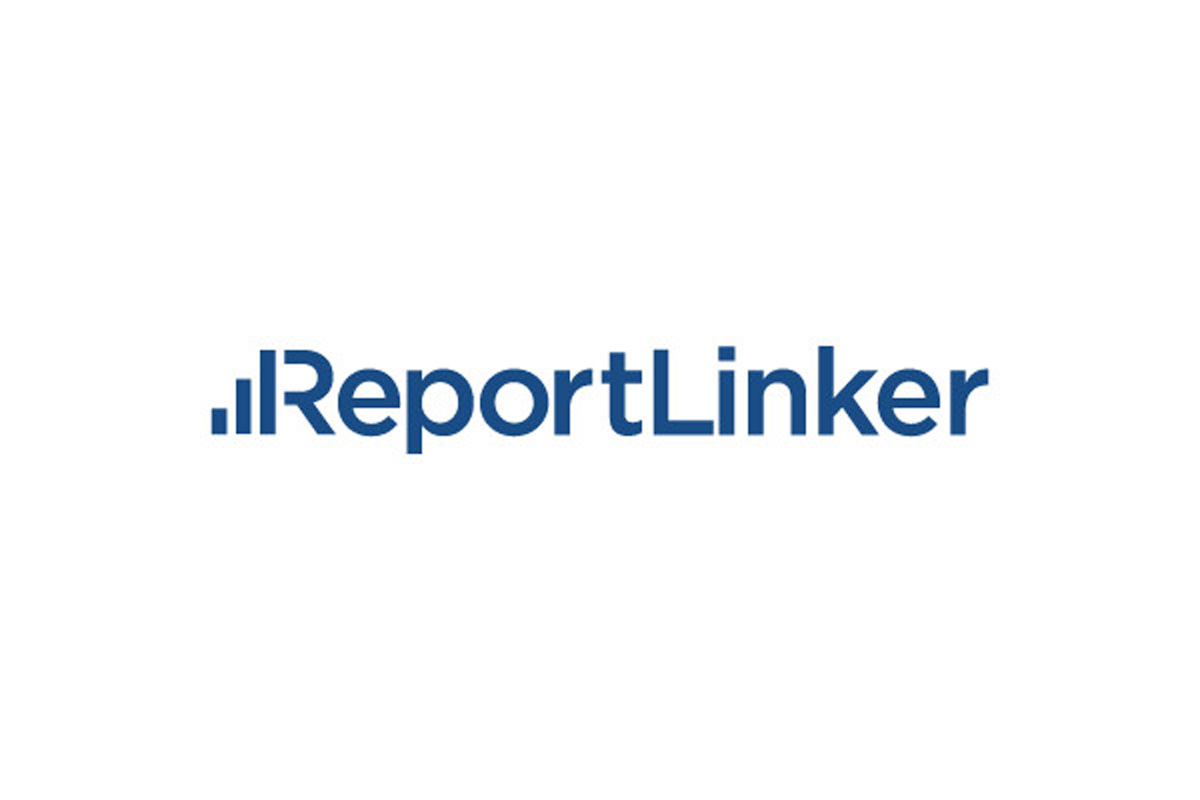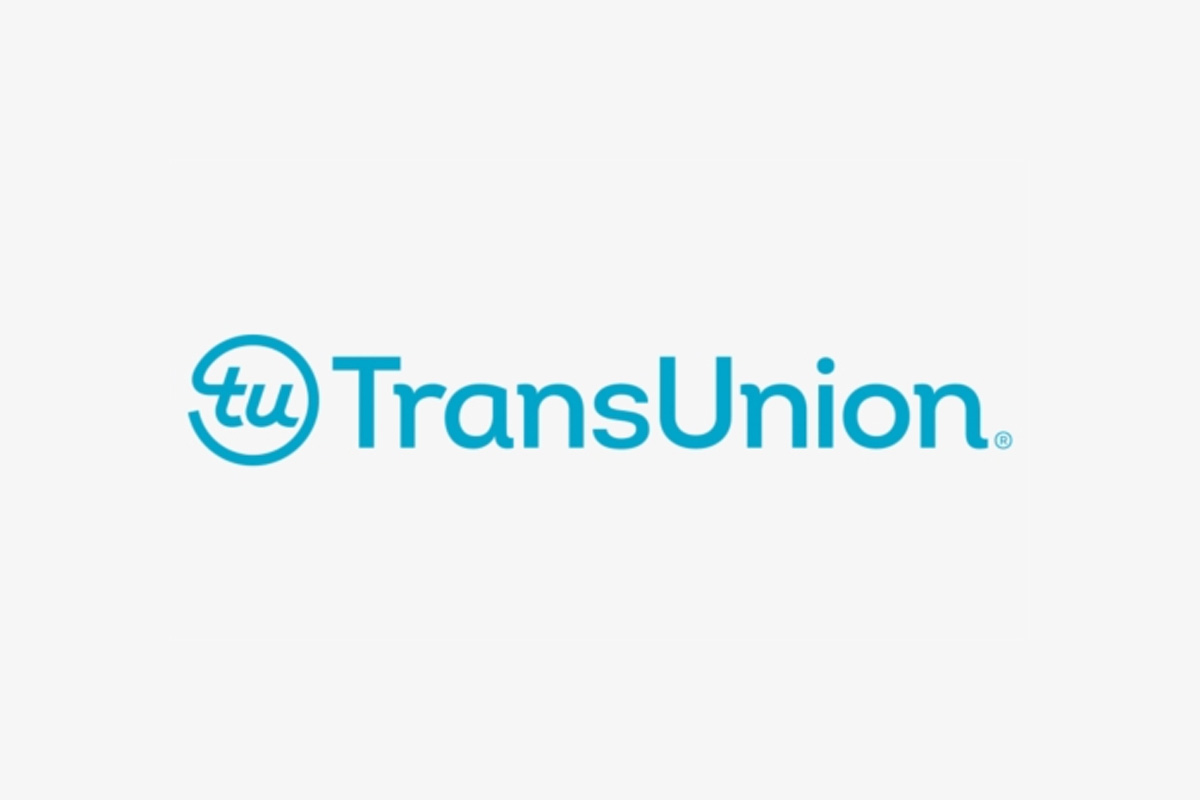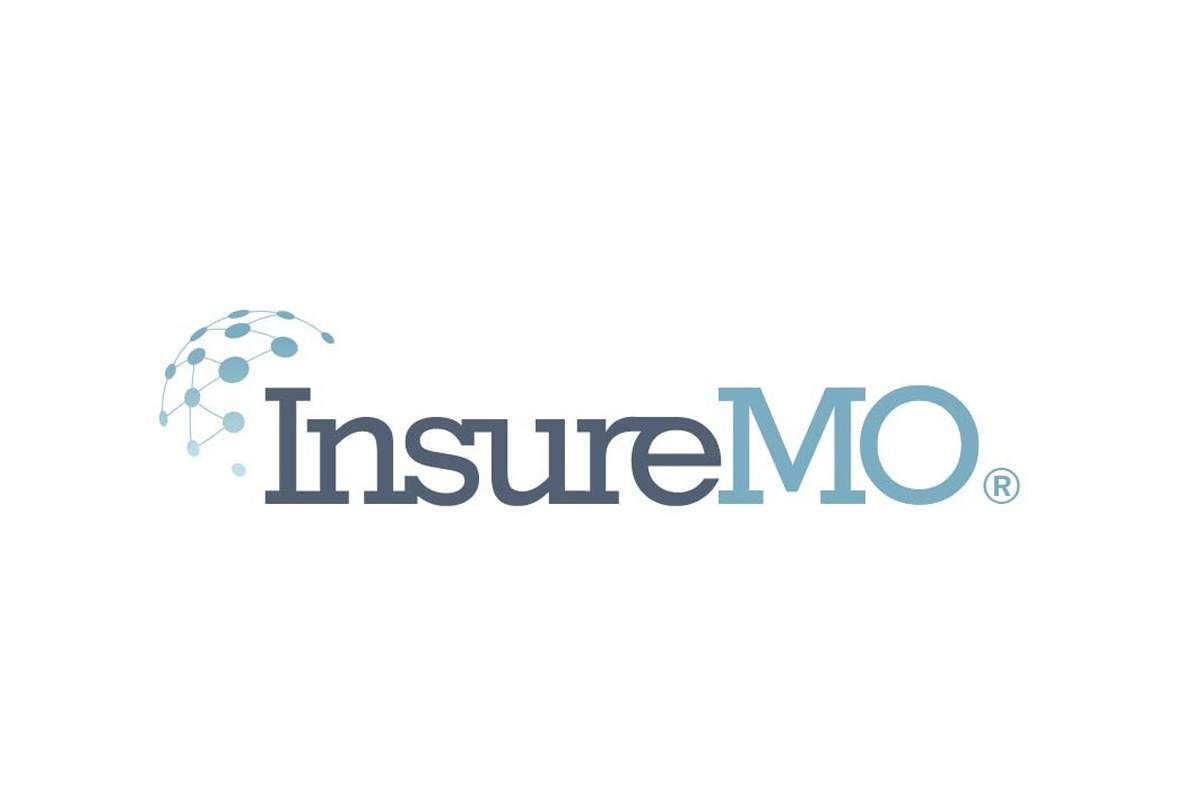Latest News
The global AML market size is expected to grow from an estimated value of USD 2.8 billion in 2022 to USD 5.8 billion by 2027, at a Compound Annual Growth Rate (CAGR) of 15.9% from 2022 to 2027

Reportlinker.com announces the release of the report “Anti-money Laundering Market by Component, Solution, Organization Size, Deployment Mode, End User & Region – Global Forecast to 2027” – https://www.reportlinker.com/p05815011/?utm_source=GNW.
However, lack of skilled AML professionals with in-depth knowledge and lack of awareness related to government regulations and deployment of AML solutions are expected to hinder the market growth.
- By Solutions, Insurance to grow at the highest CAGR during the forecasted period
Insurance includes life insurance, health insurance, travel insurance, corporate insurance, and vehicle insurance. Insurance firms offer flexible policies and investment products and services.
These products and services allow customers to deposit and withdraw a large amount of money in terms of cash. These flexible offerings and the massive flow of funds in the Life Insurance business has made this industry vulnerable to money laundering and other illegal activities in the insurance industry.
Authorities have imposed AML regulations on insurance covering the transaction monitoring and sanction screening obligation. In the US, the Bank Secrecy Act (BSA) has imposed regulations related to transaction monitoring on insurance firms to track cash flows. To keep a track of money coming in and out of the systems, government and financial bodies implement guidelines specific to the insurance industry, which are expected to fuel the adoption of AML solutions. Thus the Insurance sector is expected to grow at the highest CAGR during the forecasted period.
- By Organization, Large enterprises to account for a larger market size during the forecasted period
By organization size, Enterprises are categorized into Large and Small and medium sized enterprises (SMEs).Enterprises with more than 1,000 employees are considered large enterprises.
Large enterprises are the early adopters of AML solutions, as they use many business applications susceptible to fraudulent attacks. As these enterprises are large, with different types of IT infrastructure, they face the difficult task of effectively managing the security of their applications.
Unlike SMEs, large enterprises are well-equipped with technical skills, have higher investment capabilities, and are more exposed to incidents of fraud. This has led to higher awareness levels among large enterprises.
Large enterprises are rich with resources and offer a number of options for money transactions to customers worldwide. Due to this, large banks, casinos, and insurance companies are more vulnerable than SMEs, due to which large enterprises account for a larger market share than SMEs.
- By Region, North America to grow at highest market size during the forecasted period
Due to the presence of major vendors of AML solutions and services in the North America region and continuous innovations such as the implementation of AI and ML in AML solutions, North America is expected to hold the largest market size during the forecast period. There are two authorities present in the US: BSA and USA Patriot.
These authorities create regulations and policies to combat financial crimes in the country. Such regulatory norms are the major foundations for dependence on AML solutions, which in turn, promote market growth.
Also, the increasing technological advancements and rising money laundering cases fuel the AML market in Canada. AML vendors in this country adopt advanced AI- and ML-based AML solutions to defend their systems against suspicious transactions.
Hence, organizations in Canada are taking modern measures against money laundering and applying a risk-based approach to combat financial crimes, thus increasing the market growth.
Breakdown of primaries:
In-depth interviews were conducted with Chief Executive Officers (CEOs), marketing directors, other innovation and technology directors, and executives from various key organizations operating in the SOC as a Service market.
- By company type: Tier 1: 35%, Tier 2: 40%, and Tier 3: 20%
- By designation: C-level: 40%, Managerial and other levels: 60%
- By region: North America: 20%, Europe: 35%, APAC: 45%
Major vendors in the global MDR market include FICO (US), Fiserv (US), BAE systems (UK), LexisNexis (US), SAP (Germany), SAS Institute (US), ACI Worlwide (US), FIS (US), Oracle (US), Experian (Ireland), Jumio Corporation (US), Nice Actimize (US), GB group plc (UK), Nelito systems (India), Wolters Kluwer financial services (The Netherlands), Comarch SA (Poland), Allsec technologies ltd (US), Dixtior (Portugal), Temenos (Switzerland), TCS (India), Comply Advantage (UK), Featurespace (UK), Feedzai (US), Napier Al (UK), Tier 1 financial solutions (Canada), Finacus solutions pvt ltd (India), FRISS (Netherlands), IDMERIT (US), IMTF (Switzerland), Innovative systems (US), Sedicii (Ireland), Truelioo (Canada), NameScan (Australia), DataVisor, Inc (US), Gurucul (US), Transunion ( US).
The study includes an in-depth competitive analysis of the key players in the AML market, with their company profiles, recent developments, and key market strategies.
Research coverage
The report segment the AML market and forecast its size, by component ( Solutions and services), organization size (SMEs, large enterprises), deployment mode (On-premises, cloud), end users ( Banking & financial institutes, Insurance, Gaming & Gambling) and by region (North America, Europe, Asia Pacific, MEA, and Latin America).
The study also includes an in-depth competitive analysis of the key players in the market, along with their company profiles, key observations related to product and business offerings, recent developments, and key market strategies.
Key benefits of buying the report
The report will help the market leaders/new entrants in this market with information on the closest approximations of the revenue numbers for the overall AML market and the subsegments. This report will help stakeholders understand the competitive landscape and gain more insights to position their businesses better and plan suitable go-to-market strategies.
The report also helps stakeholders understand the pulse of the market and provides them with information on key market drivers, restraints, challenges, and opportunities.
Read the full report: https://www.reportlinker.com/p05815011/?utm_source=GNW
Latest News
Revio, the young fintech winning over Old Mutual and MTN
Latest News
Basel Committee highlights rising risks from finance digitalisation in new report
The post Basel Committee highlights rising risks from finance digitalisation in new report appeared first on HIPTHER Alerts.
Latest News
French fintech Lydia launches digital banking app Sumeria
Lydia, a prominent French fintech company known for its innovative financial solutions, has taken a significant leap forward with the launch of its new digital banking app, Sumeria. This development marks a strategic expansion for Lydia as it continues to redefine the financial landscape in Europe and beyond.
About Lydia
Since its inception, Lydia has been at the forefront of fintech innovation in France, providing users with seamless and user-friendly payment solutions. The company has built a strong reputation for its mobile payment app, which allows users to send and receive money, pay for goods and services, and manage their finances with ease. With millions of users and a robust platform, Lydia is well-positioned to venture into the digital banking space.
Introducing Sumeria
Sumeria is Lydia’s latest offering, designed to cater to the growing demand for comprehensive digital banking solutions. The app aims to provide users with a full suite of banking services, all accessible from their smartphones. Key features of Sumeria include:
- Personal and Business Accounts: Sumeria offers both personal and business accounts, enabling users to manage their finances efficiently. The app supports a range of functionalities tailored to meet the needs of individual users and small to medium-sized enterprises (SMEs).
- Intuitive Interface: True to Lydia’s commitment to user experience, Sumeria boasts an intuitive and easy-to-navigate interface. Users can quickly access account information, transaction history, and various banking services with just a few taps.
- Comprehensive Financial Tools: Sumeria provides a range of financial tools designed to help users better manage their money. Features such as budgeting, expense tracking, and personalized financial insights empower users to make informed financial decisions.
- Security and Privacy: Lydia places a high priority on security, and Sumeria is no exception. The app incorporates advanced security measures, including biometric authentication and end-to-end encryption, to ensure that users’ financial data is protected.
- Integrated Payments: Leveraging Lydia’s expertise in payments, Sumeria integrates seamless payment solutions, allowing users to send and receive money instantly, pay bills, and make purchases directly from the app.
Strategic Implications
The launch of Sumeria represents a strategic move for Lydia, positioning the company as a formidable player in the digital banking arena. By expanding its product offering, Lydia aims to capture a larger share of the market and meet the evolving needs of its users. This initiative also reflects a broader trend in the fintech industry, where traditional payment service providers are evolving into comprehensive financial service platforms.
Market Impact
Sumeria’s entry into the market is poised to have a significant impact. With its user-centric design and robust feature set, the app is likely to attract a diverse user base, from tech-savvy millennials to SMEs seeking efficient banking solutions. Moreover, Sumeria’s integration with Lydia’s existing payment infrastructure provides a seamless transition for current Lydia users, further boosting its adoption.
Future Prospects
Looking ahead, Lydia plans to continually enhance Sumeria by adding new features and expanding its services. The company’s focus on innovation and customer satisfaction will be key drivers of Sumeria’s growth. Additionally, Lydia’s potential to scale Sumeria across other European markets presents a substantial opportunity for further expansion.
Source: fintechfutures.com
The post French fintech Lydia launches digital banking app Sumeria appeared first on HIPTHER Alerts.
-
Latest News6 days ago
Al Hassan Ghazi Ibrahim Shaker Co. announces a strong start to FY24, reporting a 12.09% YoY increase in net profit to reach SAR 32.25 million in Q1-FY24
-
Latest News6 days ago
Newgen Recognized in the Gartner® Market Guide for Commercial Banking Cash Management and Trade Finance Solutions 2023 Report
-
Latest News6 days ago
Major Korean pension fund invests in carbon solutions with Stafford Capital Partners
-
Latest News5 days ago
Precisely Showcases Critical Role of Trusted Data in AI at the Gartner® Data & Analytics Summit in London
-
Latest News5 days ago
One United Properties posts a consolidated turnover of 84.3 million euros and a gross profit of 37 million euros in the first three months of 2024
-
Latest News5 days ago
Checkout.com’s 4th annual MENA report finds cash on delivery usage halved, amongst maturing digital economy
-
Latest News6 days ago
XREX Singapore Receives MAS Major Payment Institution Licence
-
Latest News3 days ago
B Lab UK research reveals UK public back change to company law to put people, the planet and profit on more equal footing










